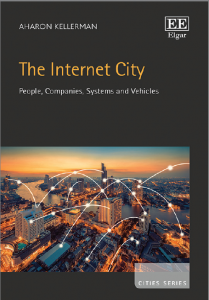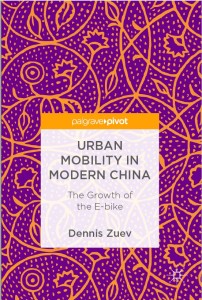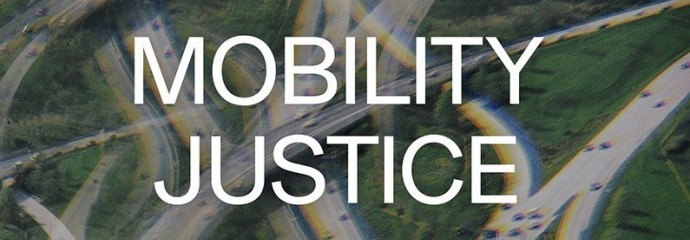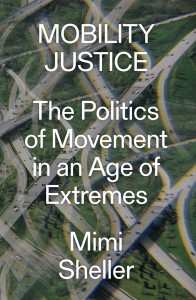Im|mobile lives in turbulent times: Methods and Practices of Mobilities Research.
Call for Papers
We invite you to be part of the conference
Im|mobile lives in turbulent times: Methods and Practices of Mobilities Research.
Thursday July 9th and Friday July 10th 2020
At Northumbria University, Newcastle Business School, City Campus East, Newcastle upon Tyne, NE1 8S .
This is an interdisciplinary, creative and experimental collaboration between Newcastle Business School, Northumbria NBS Tourism (MOS)
with MFRN (Mobilities Research Network), the Department of Geography and Environmental Sciences at Northumbria University
and the Centre for Mobilities Research (CeMoRe) Lancaster University.
Our aim is to offer a platform through which developments and insights of multi-modal methodologies can be applied to a range of interests,
geographical contexts and experiences. We invite contributors from any discipline, including social sciences and the arts,
digital design and technology, medicine, psychology, urban planning and business innovation.
Information about themes and registration please check out the link below.
https://www.northumbria.ac.uk/about-us/news-events/events/2020/07/mobilities-symposium/
Please, submit your abstract of maximum 300 words for consideration either via the website or send to Sharon3.wilson@northumbria.ac.uk by December 18th 2019. Acceptance confirmation January 14th 2020.
We are really looking forward to seeing you all!







